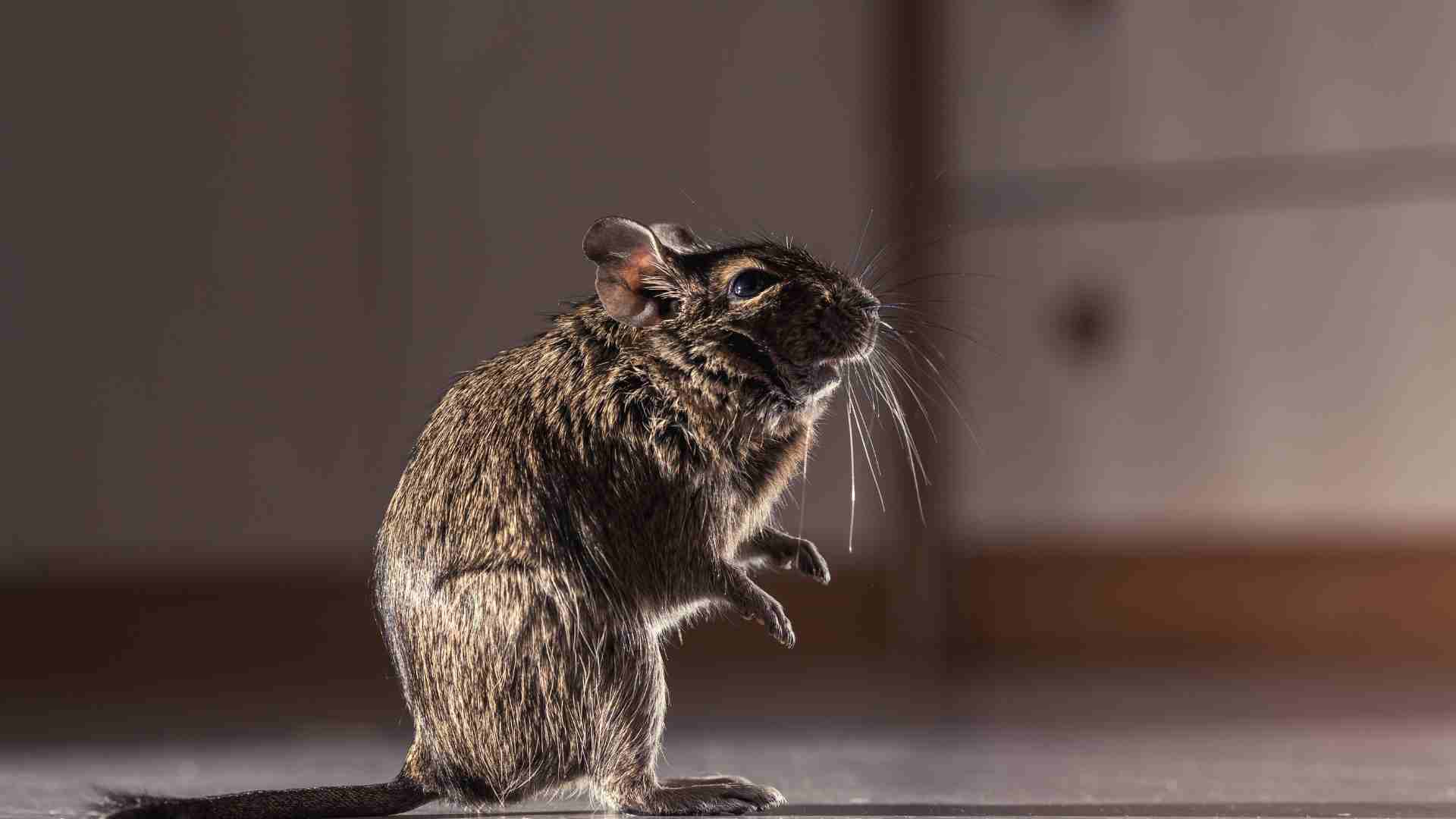Rodent Control for Hygiene and Safety

Rodents are more than just a nuisance; they pose serious threats to hygiene and safety in both residential and commercial settings. From contaminating food supplies to causing structural damage and spreading diseases, rodent infestations can have detrimental effects on health and well-being. In this blog, we’ll explore the importance of effective rodent management strategies for maintaining hygiene and safety, and how a professional pest management company can help mitigate these risks.
Understanding the Threat:
Rodents such as mice and rats are notorious for their ability to thrive in various environments, including urban areas, homes, restaurants, warehouses, and food processing facilities. These pests carry bacteria, viruses, and parasites that can contaminate food and surfaces, leading to the spread of diseases such as salmonellosis, leptospirosis, and hantavirus. Moreover, rodents gnaw on electrical wiring, insulation, and structural materials, posing fire hazards and causing costly damage to property.
The Importance of Hygiene and Safety:
Maintaining high standards of hygiene and safety is essential for preventing rodent infestations and mitigating their impact. In residential settings, proper sanitation practices, such as storing food in sealed containers, keeping living spaces clean and clutter-free, and sealing entry points, can help deter rodents. In commercial environments, adherence to food safety regulations, regular sanitation inspections, and effective waste management are critical for preventing rodent-related contamination and ensuring consumer safety.
While preventive measures are important, they may not always be sufficient to eliminate existing rodent infestations. That’s where professional pest management companies play a crucial role. Here are some effective rodent management strategies they employ:
- Inspection: A thorough inspection of the premises is conducted to identify signs of rodent activity, such as droppings, gnaw marks, and nesting sites. This helps determine the extent of the infestation and the most appropriate course of action.
- Exclusion: Sealing entry points and securing potential access points, such as gaps in walls, doors, and windows, helps prevent rodents from entering buildings. Pest management professionals use durable materials and specialized techniques to ensure long-term exclusion.
- Trapping: Traps are strategically placed in areas of high rodent activity to capture and remove existing infestations. Various types of traps, including snap traps, glue traps, and live traps, may be used depending on the situation and the preferences of the client.
- Baiting: Rodent baits containing toxic substances are deployed in bait stations or strategically placed bait stations to target rodents effectively. Pest management professionals use rodenticides that are approved for use in accordance with safety regulations and guidelines.
- Monitoring and Follow-Up: After implementing rodent control measures, ongoing monitoring and follow-up inspections are conducted to assess the effectiveness of the treatment and address any remaining issues. This ensures long-term success in rodent management and helps prevent future infestations.
Benefits of Professional Rodent Control:
Partnering with a professional pest management company offers numerous benefits for rodent control:
- Expertise: Pest management professionals have the knowledge, experience, and resources to effectively identify, treat, and prevent rodent infestations.
- Safety: Professional pest control treatments are conducted in accordance with safety regulations and guidelines to minimize risks to human health and the environment.
- Efficiency: Professional pest management companies utilize advanced tools, techniques, and products to achieve optimal results in rodent control quickly and efficiently.
- Long-Term Solutions: By addressing the root causes of rodent infestations and implementing comprehensive management strategies, professional pest control services offer long-term solutions for maintaining hygiene and safety.
Rodent infestations pose significant threats to hygiene and safety in residential and commercial environments. Effective rodent management strategies, including inspection, exclusion, trapping, baiting, and ongoing monitoring, are essential for mitigating these risks and preventing future infestations. Partnering with a professional pest management company that specializes in rodent control ensures expert guidance, safe and efficient treatments, and long-term solutions for maintaining hygiene and safety standards. Don’t let rodents compromise your health and well-being—take proactive steps to protect your home or business today.
Tags: 24/7 rodent control services in Ahmedabad, customized residential pest control packages in Ahmedabad, rat control management service in ahmedabad, Rodent Control Management Service, top-rated pest control companies in Ahmedabad for rodent issues.

Leave a Reply